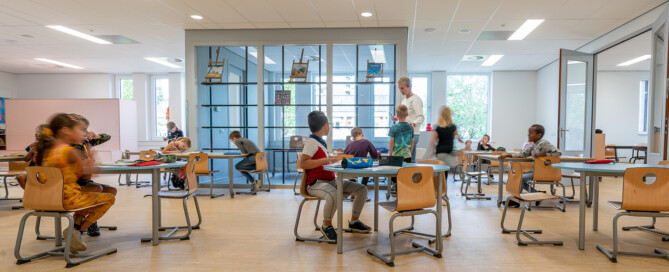Continuation School
Continuation School Continuation schools have a long history of providing alternative education pathways for students who struggle in traditional school settings. Established in the early 20th century to address the needs of working youth, continuation schools have evolved to serve a wider range of students facing academic challenges. Today, an estimated one in










